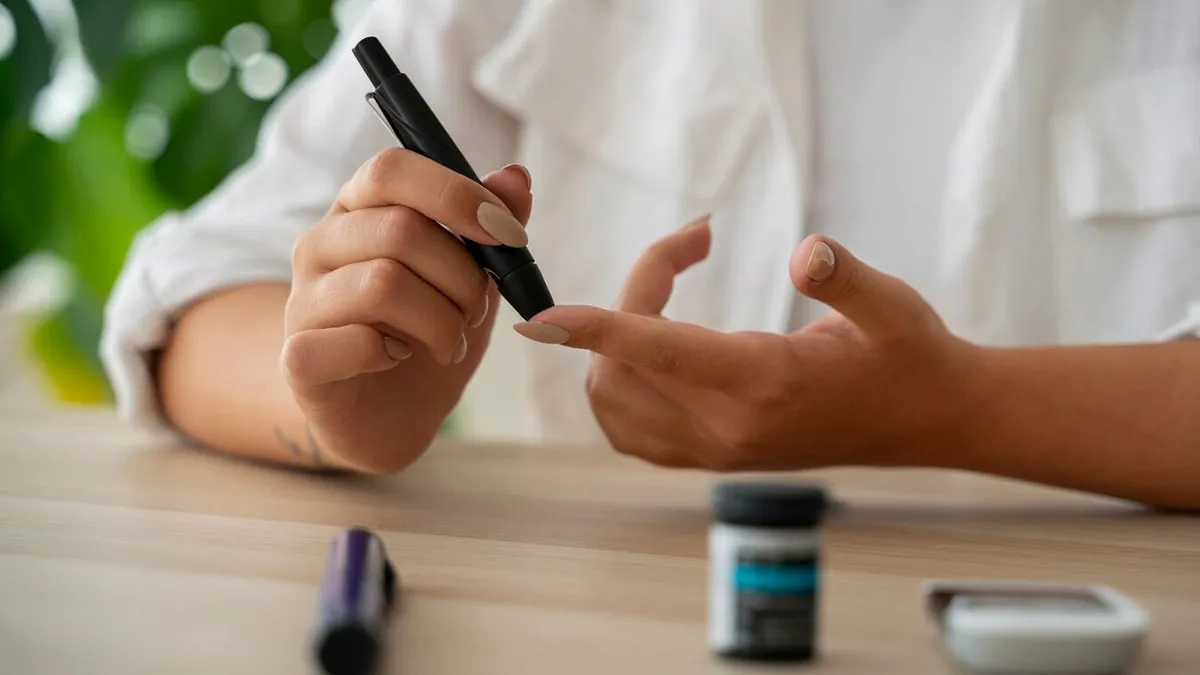
Diabetes is an unpredictable condition that can affect anyone. While its risk can be assessed and managed through lifestyle changes, predicting whether you will develop it remains challenging. However, those who are diagnosed with diabetes should take necessary steps to manage their condition.
Table of Content:-
In an interaction with the OnlyMyHealth team, Dr Anil Bhoraskar, Senior Diabetologist, S L Raheja Hospital, Mahim, and Secretary, Diabetic Association of India (Scientific Section), Mumbai, discusses some of the key things newly diagnosed diabetics should bear in mind to manage their health conditions.
Also Read: Are People With Diabetes More At Risk Of Vitamin Deficiencies?
Two Main Types Of Diabetes
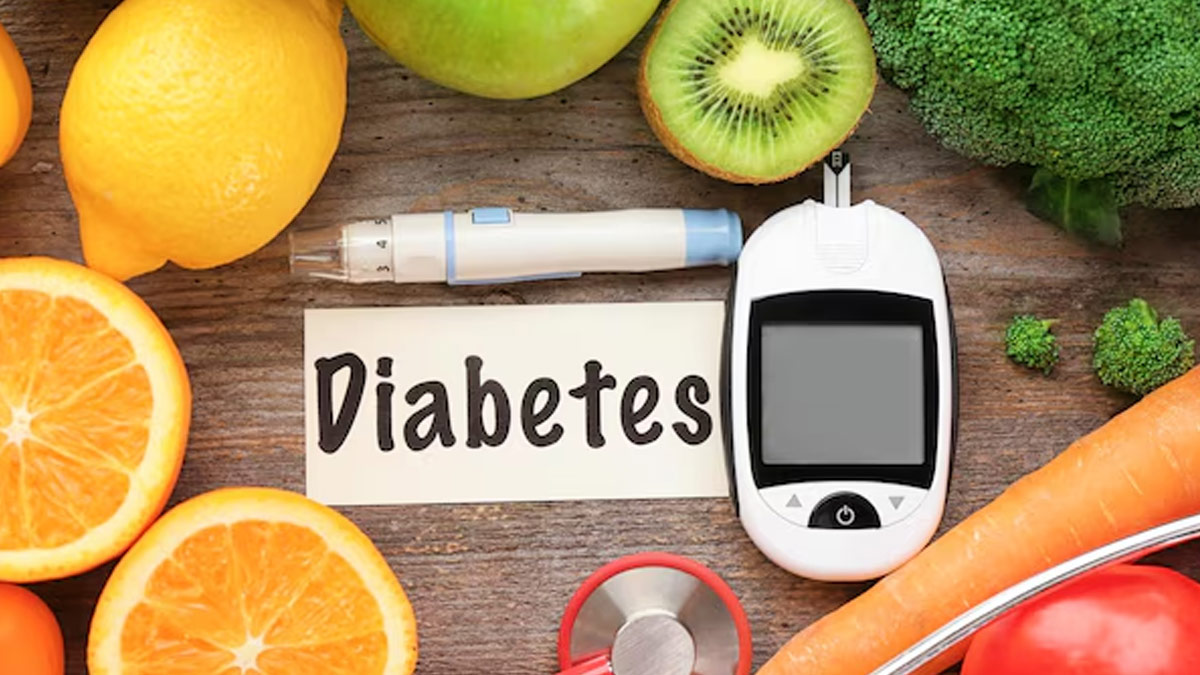
If you have been newly diagnosed, you must be aware of the different types of diabetes or at least the type that you have.
In general, diabetes is primarily classified into two main types: Type 1 and Type 2. Type 1 is an autoimmune condition in which the body's immune system attacks insulin-producing cells. Type 2 diabetes involves insulin resistance; it occurs when the body does not produce enough insulin or cannot use it effectively.
Type 1 diabetes can occur at any age, but it's often diagnosed in childhood or adolescence. On the other hand, lifestyle changes, such as diet and exercise, can help manage type 2 diabetes, and in some cases, medication or insulin therapy may be necessary.
What First Steps Should Newly Diagnosed People Take?
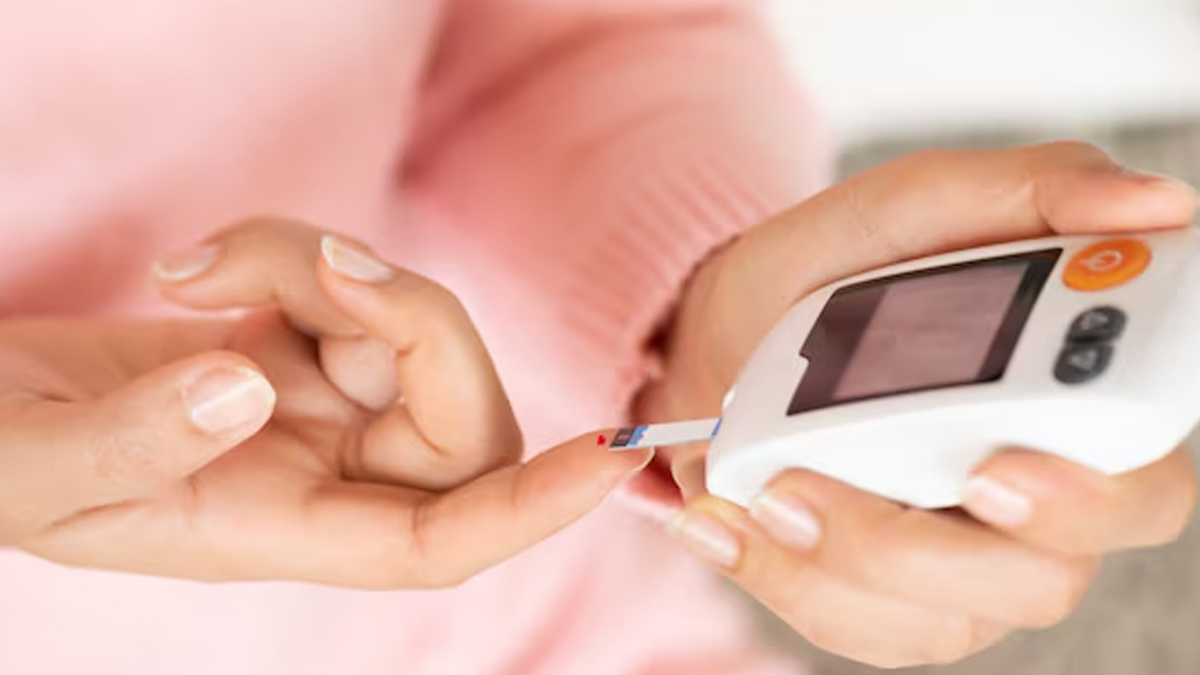
For starters, diabetics with no symptoms, fasting blood sugar levels around 140, and post-lunch readings above 200 need to be counselled by their doctor to ensure they do not start to fear this condition and to make them understand what function sugar plays in the body, according to Dr Bhoraskar.
“The patient should read up and collect information from scientific sources and make lifestyle changes.Patients also often fail to get checked for comorbidities, especially if they have high blood sugar levels, fasting levels more than 250 and post-lunch readings more than 400. It is important to remember that diabetes and comorbidities like hypertension go hand in hand,” he adds.
Role Of Diet And Exercise
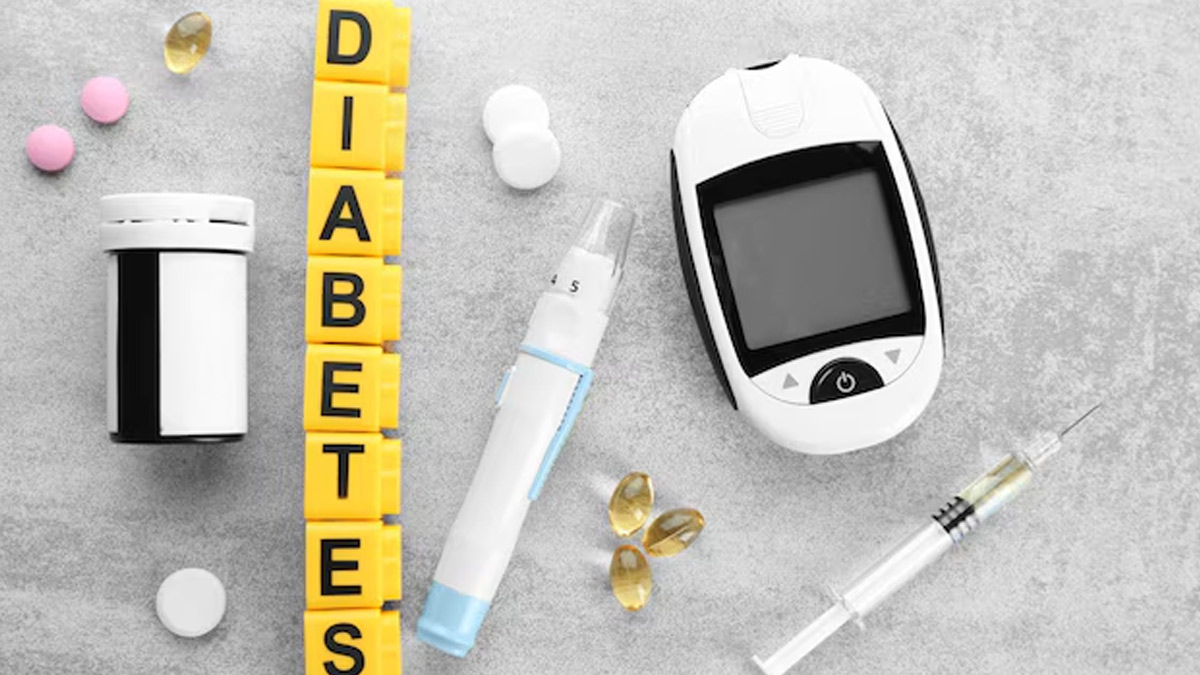
According to a 2023 study published in the Journal of Diabetes Investigation, managing type 2 diabetes isn’t just about medication; diet and exercise play a giant role too. Eating the right foods can help lower blood sugar levels, even when taking diabetes medications.
While there’s no one-size-fits-all diet, focusing on non-starchy vegetables and whole foods and cutting back on sugar and processed foods can make a big difference, researchers noted, adding that diets like the Mediterranean or low-carb plan have also been shown to help manage diabetes effectively.
Sharing his opinion, Dr Bhoraskar says, “Treatment for diabetes has four pillars: right knowledge about diabetes, right nutrition, regular exercise and right drug treatment given by the experts. Diabetics need to avoid certain things like vegetable oils, have more fruits and vegetables, and consume just the amount of calories the body needs.”
“The role of exercise should also not be overlooked; it helps keep our body fit. Additionally, they should also get 6 to 7 hours of sleep every night,” he adds.
Also Read: 5 Things Diabetes Patients Need To Do To Prevent Eye Damage
Common Mistakes Beginners Should Avoid
According to Dr Bhoraskar, a balanced approach is very necessary, especially when it comes to managing diabetes. Therefore, some of the key mistakes newly diagnosed diabetics make include:
- Making extreme changes in their lifestyle
- Coming up with resolutions like not consuming wheat or only eating salads
- Putting too much pressure on themselves by trying to exercise for long hours every day
- Ending up alienating themselves from their family and loved ones
Note The Warning Signs
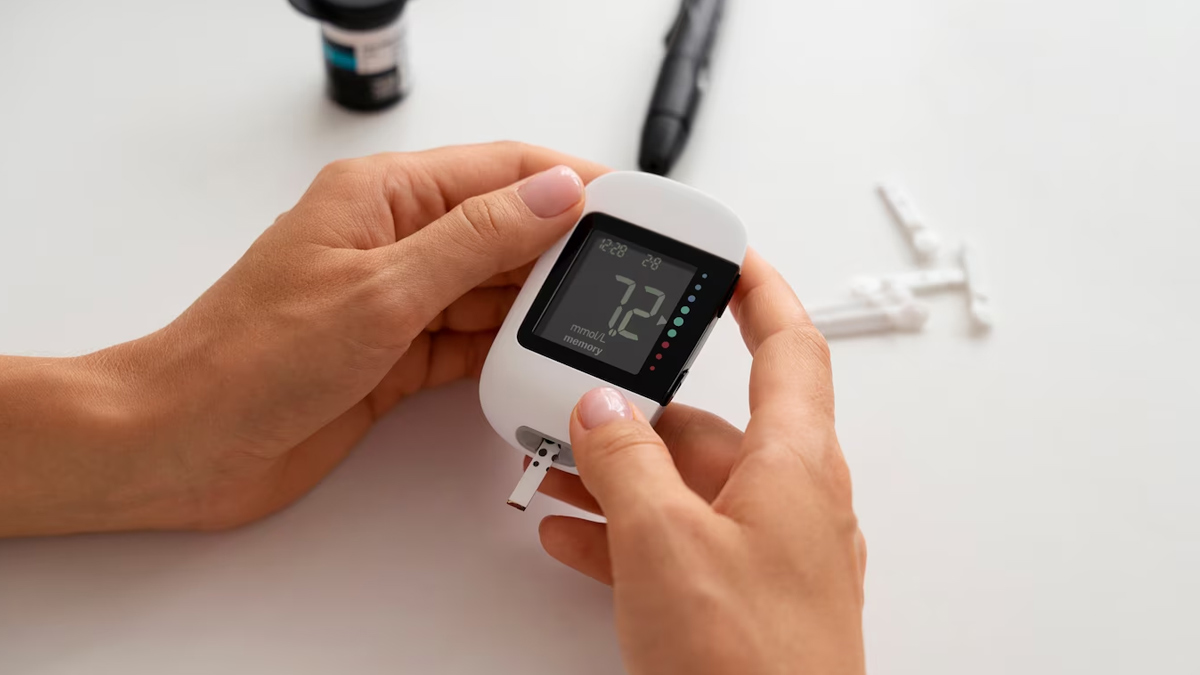
While frequent urination and thirst are common signs of diabetes and high blood sugar, Dr Bhoraskar shares an extensive list of symptoms to beware of. These include:
- Fatigue
- Hyperglycaemic malaise
- Itching of private parts
- Irritability
- Cognitive dysfunction
- Balanitis (inflammation of foreskin in uncircumcised males)
- Frequent UTIs in women over 40
- Blurry vision
- Dizziness
- Sweating and trembling (due to low blood sugar from fasting, delayed meals, or heavy exercise)
Final Word
For people who have newly been diagnosed with diabetes, it is crucial to not only manage one’s diet, exercise, stress levels, and sleep cycle, but it is also important to regularly monitor blood sugar levels.
He says, “Blood sugar levels after fasting and after a standard meal should be tested clinically. HBA1c, cholesterol, and renal functions: lipid function should be tested every three months and ECG and echocardiogram every six months.”
He further adds, “Yearly check-ups with a trained diabetologist, nephrologist, and nutritionist, and associated co-morbidities check with either a cardiologist or a nephrologist, are a must. Daily blood testing is not required unless the individual is on insulin.”
Also watch this video
How we keep this article up to date:
We work with experts and keep a close eye on the latest in health and wellness. Whenever there is a new research or helpful information, we update our articles with accurate and useful advice.
Current Version